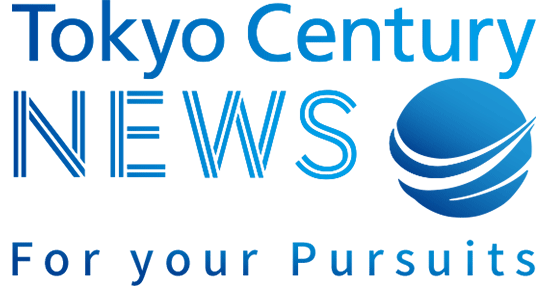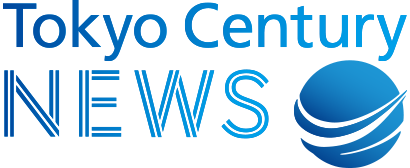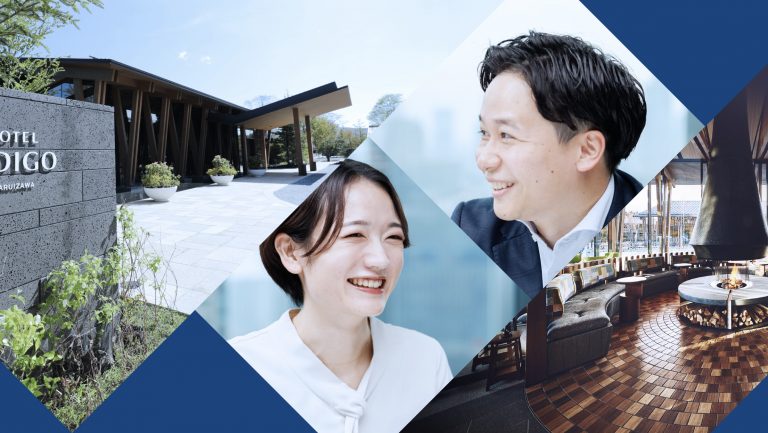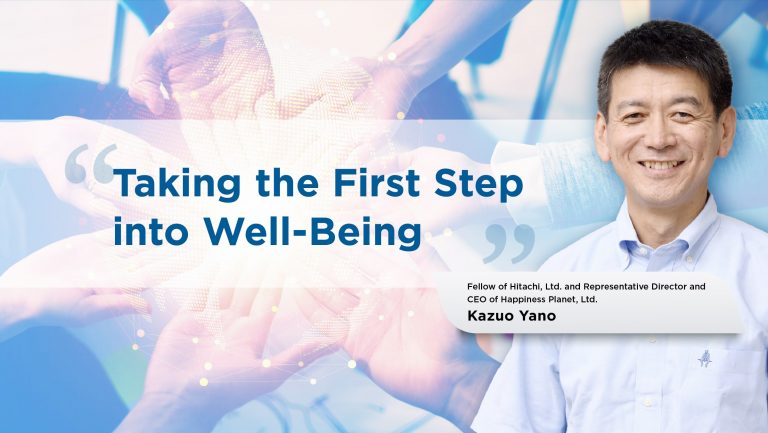
Staff in Singapore Discuss Their COVID-19 Experience: Struggling with “Paperwork” in a Digitally Advanced Nation
Jan 31, 2021
Singapore stands out from other Southeast Asian countries as a society that enjoys economic affluence and is bustling with tourists. As the entire world scrambled to address the spread of COVID-19 in 2020, what was the situation like in Singapore?
MORIMOTO Norikazu and MURAMATSU Goji at Tokyo Century Leasing (Singapore) Pte. Ltd. (TCS), Tokyo Century’s subsidiary in Singapore, share their stories.
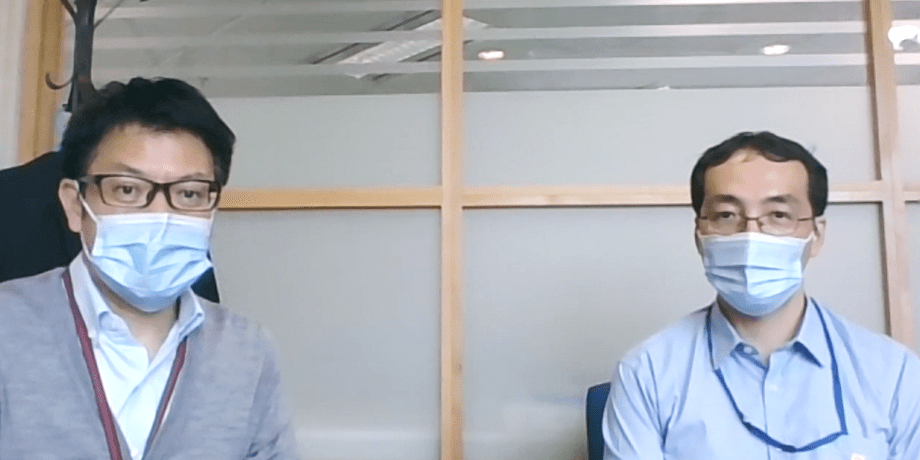
Abrupt End to Optimism as the Circuit Breaker (Partial Lockdown) Kicks In
―― We understand that Mr. Morimoto has been working in Singapore for about seven and a half years and Mr. Muramatsu for about three and a half years. What is your impression of the country?
Everyone follows detailed social norms to maintain harmony among diverse ethnic groups, including Chinese, Indians, and Malays. Most people don’t drink much alcohol, but they love to talk. Not many people speak loudly.

Mr. Morimoto

Mr. Muramatsu
Just as I expected before arriving here, this is an advanced nation that enjoys economic prosperity and high levels of public safety. It’s ahead of Japan when it comes to the digitization of financial services, and overseas remittances are completed online. On the other hand, some analog aspects remain, including loan applications that had to be faxed until very recently and the frequent use of cheques.
―― What was the atmosphere like during the initial stage of the outbreak?
The mood in Singapore around January and February 2020 was optimistic. Very few people had been infected, and we even saw news articles about the nation’s success in handling COVID-19.
Subsequently, as infection clusters emerged across the country, a partial lockdown, or circuit breaker, was imposed from April 7 to June 2. To be honest, I never imagined the pandemic would last this long.

Mr. Morimoto
―― What actions did Singapore take against the disease?
First of all, wearing masks is mandatory. You’ll be fined if you’re caught outside not wearing one. The number of people you’re permitted to meet or dine with is limited to five or less, and a one-meter social distancing rule is stringently enforced.
When you commute to the office, your entries and exits are recorded by scanning QR codes with smartphones, and everyone is required to have their temperature taken. Some companies were audited by national institutions every month or two to confirm these measures were being taken.

Mr. Morimoto
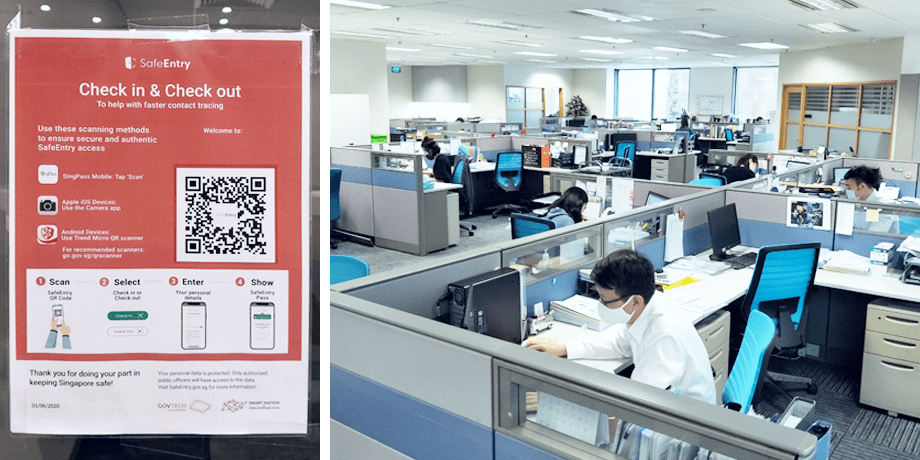

Mr. Muramatsu
We must maintain a one-meter distance inside the office as well, which requires creative solutions such as seating people diagonally from each other instead of side by side. We share information on shifts in each section to confirm seating arrangements, which takes a lot of effort.
Need for Digitization Felt All the More Keenly Amid the Pandemic
―― When did TCS begin addressing new needs such as remote work?

Mr. Muramatsu
I’d learned from other companies that having even one employee test positive will lead to the closure of an entire office floor, so we sought to reduce the risk by setting up a satellite office in early March and allocating employees to either one of the offices. Meanwhile, we prepared a remote work system and shifted to working from home when the circuit breaker was enforced in April.
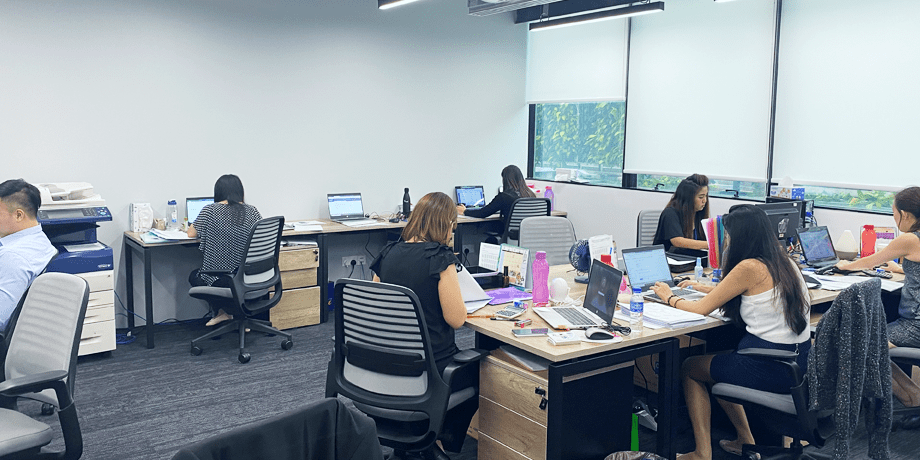
We set up a satellite office and divided employees into two groups.
Even after the circuit breaker was lifted, the government issued instructions to limit the number of staff working at the office to 50% of capacity. The speed of government action was also noteworthy. For example, the government would announce a policy on Friday, and we were expected to comply by the following Tuesday.
Those who remembered the Severe Acute Respiratory Syndrome (SARS) epidemic of 2003 had pointed out the similarities with the current situation, which enabled us to quickly take action on the satellite office and other preparations.

Mr. Morimoto
―― Were there any problems from being locked out of the office during the circuit breaker period?
asks involving paperwork posed quite a challenge. It was a headache trying to figure out a way to obtain signatures for a contract under the lockdown.

Mr. Morimoto

Mr. Muramatsu
Some of our business partners handled things more flexibly by entering into an agreement based on a PDF and submitting the hard copy contract later.
―― Conversely, were there any businesses or initiatives on the part of TCS that proved to be more effective under the circumstances?

Mr. Muramatsu
Yes, the introduction of electronic invoices was one. TCS had begun accepting electronic invoices and automatically issuing them at the request of customers, about half a year before the pandemic. Thanks to this move, we were able to handle external payments smoothly, even during the circuit breaker period.
Another factor that worked in our favor was the online car loan service launched in February this year. With assistance from the head office, and in cooperation with local vendors, we developed a system that automatically screens information entered by auto dealers and responds within an average of five minutes. I think we owe some part of our favorable performance under the pandemic to this system. Now, other companies are following suit with similar systems.

Mr. Morimoto

Seeing Opportunities in a Time of Change to Aggressively Promote Digital Transformation
―― You mentioned a car loan service, but has COVID-19 provided further impetus for driving digital transformation in Singapore?

Mr. Muramatsu
ven before the pandemic, the Singaporean government had been promoting the MyInfo personal information management service.
For example, applying for a credit card generally involves an extremely cumbersome process of entering necessary information such as annual income and place of employment, one item at a time. However, provided the applicant agrees to the use of MyInfo, all personal information stored in the government database can be referenced instantly, smoothing out the process. TCS also makes use of MyInfo to facilitate automobile loan applications.
Morimoto: Singapore is also way ahead in terms of cashless payments. These days, there are considerably fewer occasions for using cash. Services like GrabPay and payWave are widespread.

Mr. Morimoto
―― Tell us about the current situation in Singapore and any changes that have occurred since before the pandemic.
Many Singaporeans spend their holidays in neighboring countries like Thailand and Taiwan. That’s not possible right now, so people flock to urban shopping centers and restaurants on the weekends. Meanwhile, tourist spots that would usually be packed with foreign travelers are mostly deserted. Even the area around the famous Merlion feels lonely.

Mr. Morimoto

Mr. Muramatsu
In terms of operations, I think mutual confirmation has become more important than before when communicating with each other. While we participate in web conferences more often, online communication is prone to misunderstandings. For that reason, I take extra care to share the same understanding of the nuance and information in detail during each meeting.
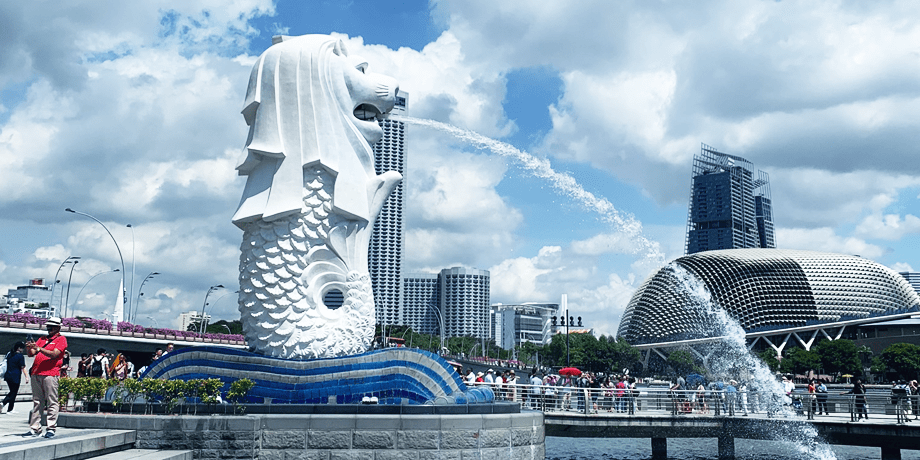
A tourist spot in Singapore at the end of 2019, which is now very quiet with few tourists .
―― Please tell us about your plans for the "new normal" world.

Mr. Muramatsu
We still handle a considerable volume of paperwork, and reducing this workload will be a major challenge. I’m very aware of the need to boost efficiency even further. Apart from automobile loans, we’re developing a system that enables online inquiries of early repayment and other information by seizing the current situation as an opportunity.
While many staff at this site would rather work at the office, most at other companies prefer working from home. The rush hour in Singapore is not as congested as in Japan, but I think there’s a strong possibility that whether or not a company allows remote work will be a major consideration for those seeking jobs in future.

Mr. Morimoto
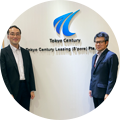
Tokyo Century Leasing (Singapore) Pte. Ltd.
Since its establishment in 1979, TCS has been operating its businesses as an industry pioneer in Singapore. It provides advanced quality financial services to customers in accordance with their capital investment needs.
*The contents of the article and the position titles are as of the date posted.
RECOMMEND ARTICLES

Dec 13, 2024
Since fiscal 2022, T…
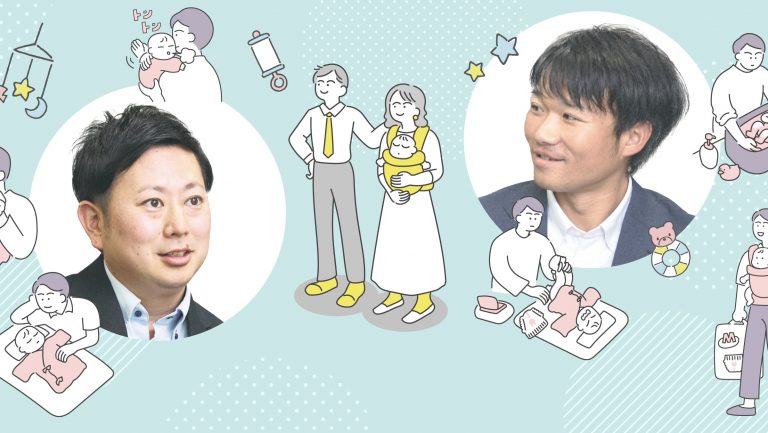
Feb 28, 2024
With the Act on Chil…
